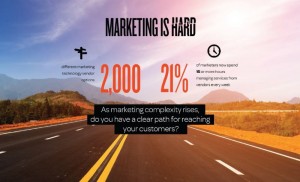In the last U.S. presidential election, Barrack Obama proved how powerful Social Media can be in politics. Social Media sites have grown to have larger audiences than the mainstream television networks.
Facebook has over 600,000,000 users worldwide, Twitter has more than 180,000,000 and LinkedIn has over 140,000,000 users and boasts the largest network of affluent professionals worldwide.
While some American politicians seem to be leading the political Social Media pack, Canadian politicians are really behind. It was refreshing to see one Canadian candidate in this year’s Federal election host an online Facebook chat with the public – but that is all I have seen in this election as far as politicians reaching out to the public through Social Media.
I recently watched some interviews on CP24 when younger people were talking about the fact that politicians had been out to visit their parents and grandparents but hadn’t talked to them? What better way to engage young voters than through Social Media. Rock the Vote, stateside was a wonderful initiative designed to get young people to vote. Public events, celebrity participation and Social Media, spread the Rock the Vote fever across the US from coast to coast.
Imagine what impact it would have if a single party in Canada launched a meaningful initiative to engage young voters? Conventional advertising has become expensive when compared to Social Media Marketing. Social Media increases marketing and communication channels.
Politicians can use Social Media to poll the public about how they feel about issues. Another interesting thing we have noticed this election is that none of the parties appear to be focusing on the subjects that we hear our neighbours talking about all the time. The rising cost of living, gas prices, job security – who is addressing these issues? Themed Social pages are a great way to promote a specific issue that has been added to a platform and to attract attention to that issue.
(341)






